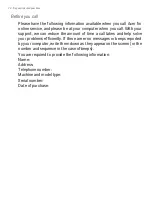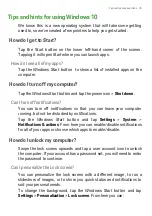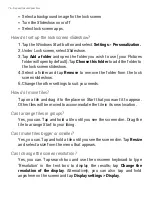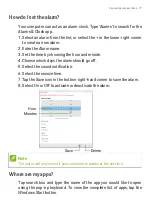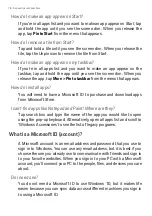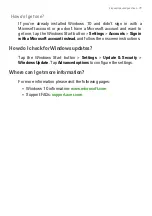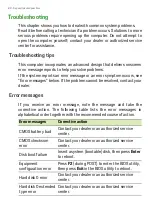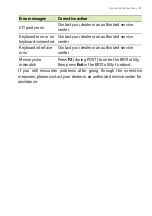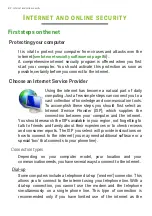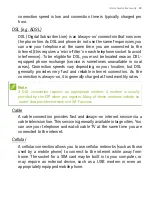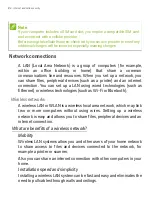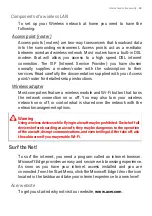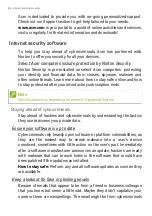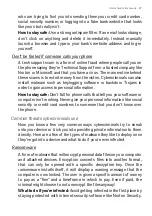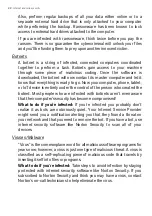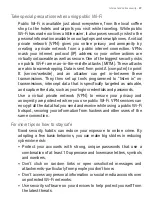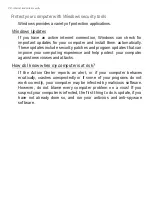
88 - Internet and online security
Also, perform regular backups of all your data either online or to a
separate external hard drive that is
only attached
to your computer
while performing the backup. Ransomware has been known to lock
access to external hard drives attached to the computer.
If you are infected with ransomware, think twice before you pay the
ransom. There is no guarantee the cybercriminal will unlock your files
and you'll be funding them to prey upon another innocent victim.
Botnets
A botnet is a string of infected, connected computers coordinated
together to perform a task. Botnets gain access to your machine
through some piece of malicious coding. Once the software is
downloaded, the botnet will now contact its master computer and let it
know that everything is ready to go. Now your computer, phone, tablet,
or IoT device is entirely under the control of the person who created the
botnet. Most people who are infected with botnets aren't even aware
that their computer's security has become compromised!
What to do if you're infected:
If you're infected you probably don't
realize it as bots are notoriously quiet. Your Internet Service Provider
might send you a notification alerting you that they found a threat on
your network and that you need to remove the bot. If you have a bot, use
internet security software like Norton Security to scan all of your
devices.
Viruses/Malware
"Virus" is the commonplace word for all malicious software programs for
years now; however, a virus is just one type of malicious threat. A virus is
classified as a self-replicating piece of malicious code that travels by
inserting itself into files or programs.
What to do if you're infected:
Take steps to avoid infection by staying
protected with internet security software like Norton Security. If you
subscribed to Norton Security and think you may have a virus, contact
Norton's on-call technicians to help eliminate the virus.

